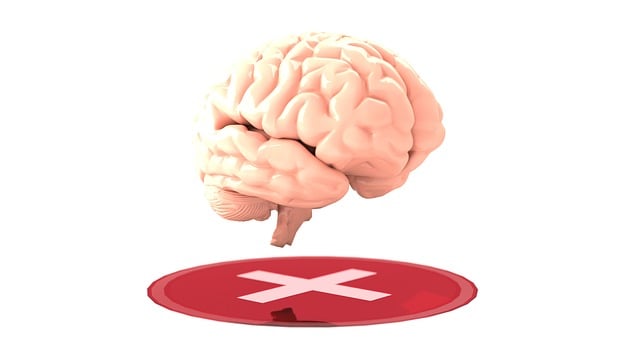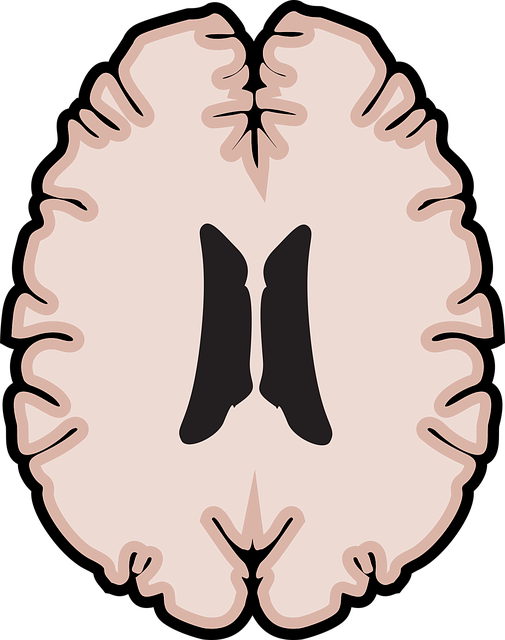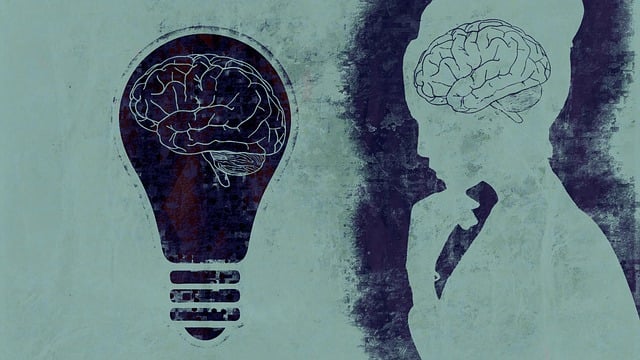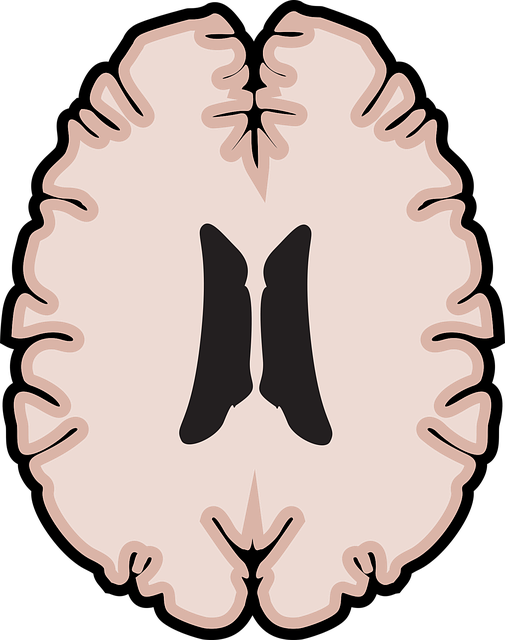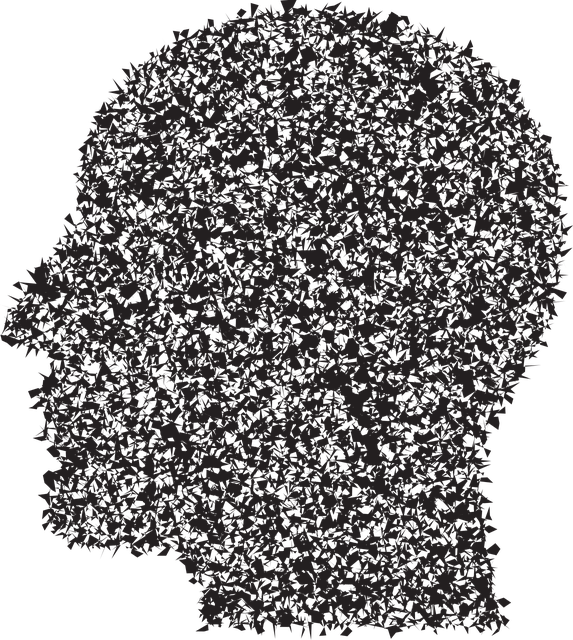Aurora Conduct Disorder Therapy (ACDT) focuses on teaching effective coping skills to manage challenges and improve mental well-being in individuals with ACD. Integrating practices like Compassion Cultivation, Mental Wellness Journaling, and Community Outreach, ACDT fosters resilience, emotional regulation, and positive decision-making. These strategies empower clients to adaptively respond to stressors, cultivate compassion, and reduce impulsive behaviors, ultimately achieving better outcomes in therapy. Implementing healthy coping mechanisms, supported by mental health policy advocacy, is vital for managing stress and enhancing the quality of life for individuals with ACD.
Coping skills are essential tools for managing stress, emotions, and challenging behaviors, especially in individuals with Aurora Conduct Disorder (ACD). This article explores the significance of coping skill development in ACD therapy, offering a comprehensive guide for professionals and caregivers. We’ll delve into effective strategies, from identifying triggers to implementing healthy mechanisms, helping individuals navigate daily life with enhanced resilience. By understanding these skills, we can support those with ACD in achieving better emotional regulation and overall well-being.
- Understanding Coping Skills and Their Significance in Aurora Conduct Disorder Therapy
- Strategies for Developing Effective Coping Skills
- Implementing and Maintaining Healthy Coping Mechanisms in Daily Life
Understanding Coping Skills and Their Significance in Aurora Conduct Disorder Therapy

Coping skills are essential strategies that individuals learn to navigate and manage stressful situations, emotions, and challenges. In the context of Aurora Conduct Disorder Therapy (ACDT), understanding and developing effective coping skills takes center stage as a key component of treatment. ACDT focuses on addressing disruptive behaviors and emotional regulation difficulties often associated with conduct disorders, and teaching individuals appropriate coping mechanisms is a powerful tool in this process.
By integrating practices such as Compassion Cultivation, Mental Wellness Journaling, and Community Outreach Program Implementation, the therapy empowers clients to develop resilience and healthy ways of dealing with life’s stressors. These skills allow them to respond adaptively, reduce impulsive behaviors, and improve overall emotional well-being. Through guidance in these coping mechanisms, individuals can learn to redirect negative impulses, foster a sense of compassion for themselves and others, and enhance their ability to cope with challenging situations, ultimately contributing to positive outcomes in ACDT.
Strategies for Developing Effective Coping Skills

Developing effective coping skills is a crucial aspect of mental well-being, especially for individuals navigating challenges like Aurora Conduct Disorder. Therapy plays a pivotal role in this process, offering tailored strategies to enhance resilience and emotional regulation. One evidence-based approach is incorporating compassion cultivation practices into daily routines. By fostering self-compassion, individuals can better manage stress and negative emotions, thereby reducing impulsive behaviors often associated with conduct disorders.
In addition to therapy, building inner strength through mindfulness exercises and practicing self-esteem improvement techniques can significantly contribute to coping skills development. Encouraging self-awareness and positive self-talk helps individuals recognize and challenge negative thought patterns. This, in turn, promotes healthier decision-making and emotional responses, empowering them to navigate difficult situations with greater ease and composure.
Implementing and Maintaining Healthy Coping Mechanisms in Daily Life

Implementing and maintaining healthy coping mechanisms is essential for managing stress and promoting well-being, particularly for individuals with conditions like Aurora Conduct Disorder. Therapy plays a pivotal role in teaching effective strategies to navigate challenging situations. Through various therapeutic approaches, such as compassion cultivation practices, clients learn to regulate emotions, foster positive relationships, and resolve conflicts constructively. These skills become valuable tools in daily life, offering alternative ways to respond to triggers and avoid unhealthy coping behaviors.
Incorporating these mechanisms into routine requires commitment and practice. Mental health policy analysis and advocacy can further support this process by promoting accessible resources and advocating for environment that encourages open dialogue about mental well-being. By combining therapeutic techniques with a supportive community, individuals equipped with healthy coping skills can better manage stress, enhance resilience, and lead more fulfilling lives while mitigating the impact of conduct disorder symptoms.
Coping skills development is a pivotal aspect of Aurora Conduct Disorder therapy, empowering individuals to navigate challenges effectively. By understanding the significance of these skills and employing strategies like mindfulness, problem-solving, and social support, one can foster healthy coping mechanisms. Integration into daily life through consistent practice enhances resilience, leading to improved mental well-being and better management of conduct disorder symptoms.
